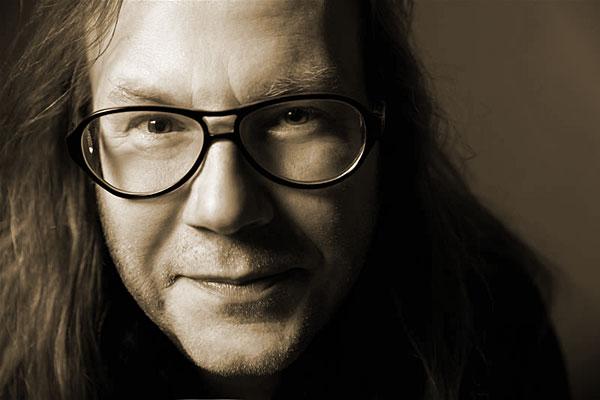| Columns Retired Columns & Blogs |
I'm sure Jazzfan will concur with me that Jazz is vibrant, and very much alive!
Jazzfan is the forum's guru for all things jazz in my opinion.
Jazz is here to stay, for it has morphed into many different genre's therefore expanding its presence amongst dedicated listener's as well as new fans to the genre. Jazz fusion, Progressive jazz, Smooth jazz, Free-form jazz, New Orleans jazz, etc..
For example; I attended a college football game at the University of Tennessee this year and before the game kicked off, and with some time to kill, I was pleasently suprised to find young students on campus listening to jazz around some of the small eateries and library. It seemed that they really dug Wynton Marsalis and other horn players like Najee, Everette Harp, and Sonny Rollins. Being the inquisitive type, I asked a few of the students why they were drawn to jazz, They responded with a few simple explainations, "The music these days are crap." or they would say, "This stuff makes you feel good".
I think that is the key. Music that truly makes you feel good. Not in a negative way, but just an all-around feeling of being happy in your particular time and place. Forgetting the negativity that we are bombarded with on a constant basis. I sincerely believe that Jazz is the definitive expression of feelin' good.
Jazz, Blues, and Rock will always be around in my opinion. Some more than others to a lesser or greater degree.
The old adage is, Never say never. Well, I will say it - Jazz will never die, because it does the heart good.
Great piece Thomas, Enjoyed it!
Mark Evans









































